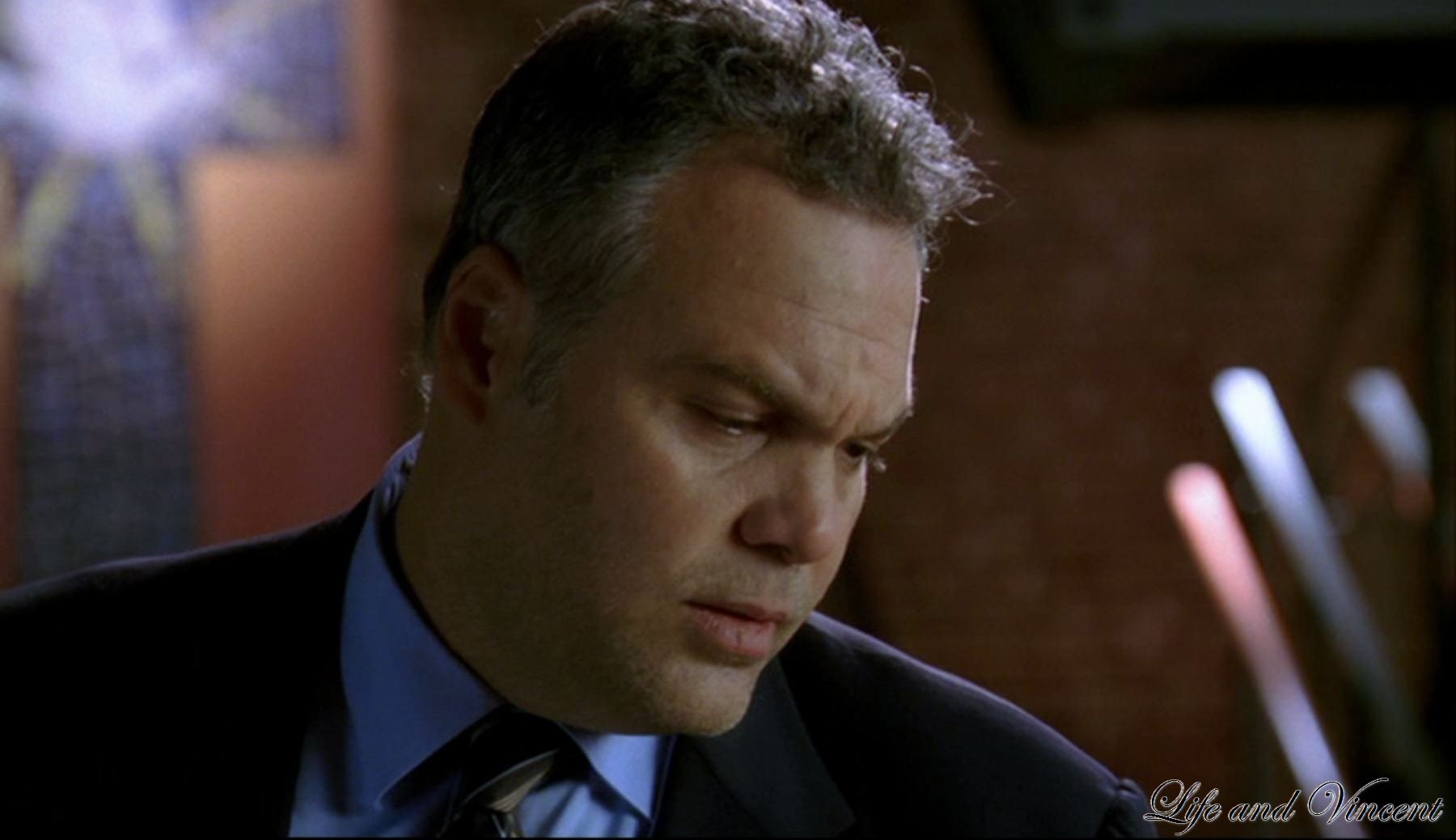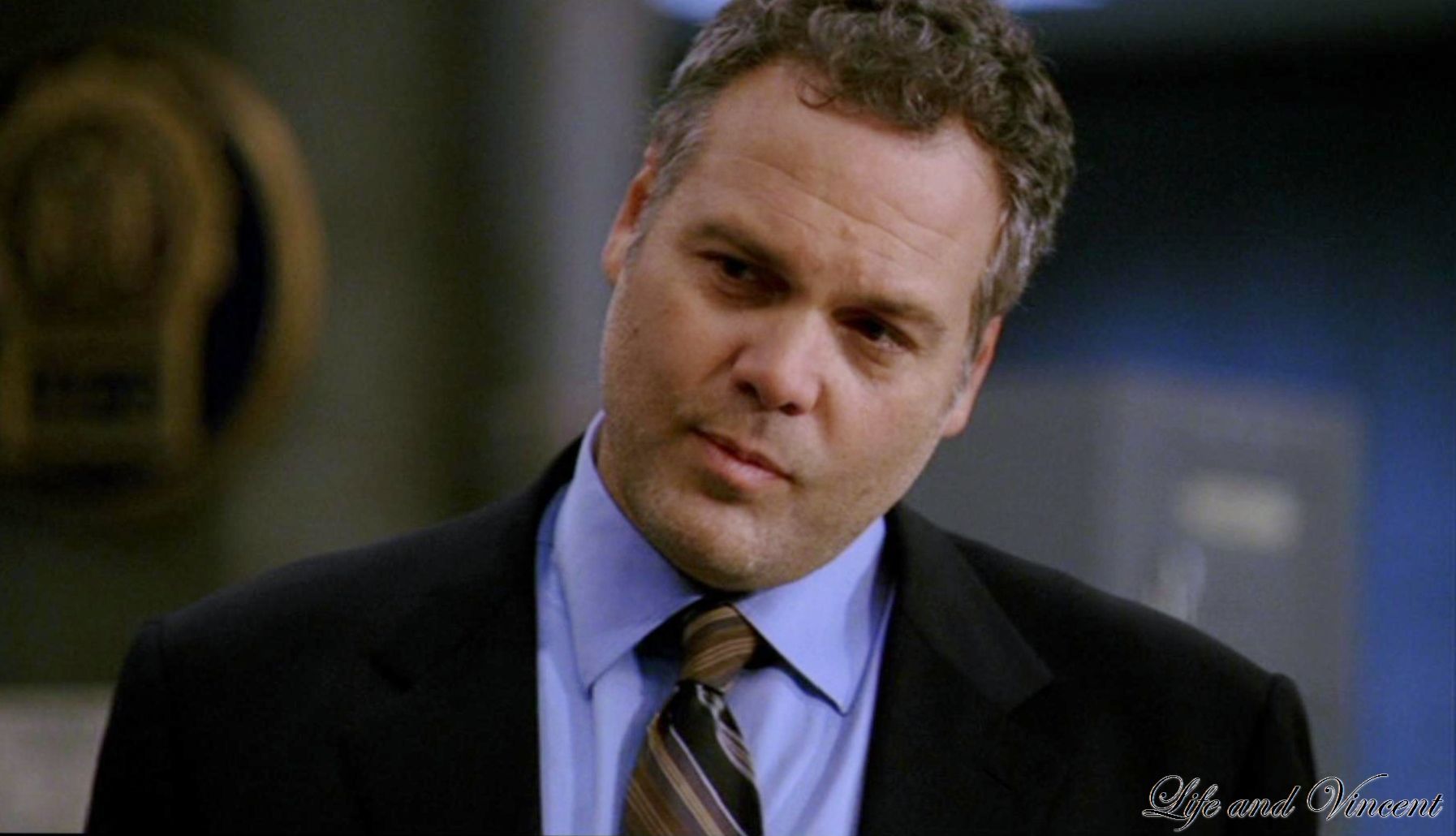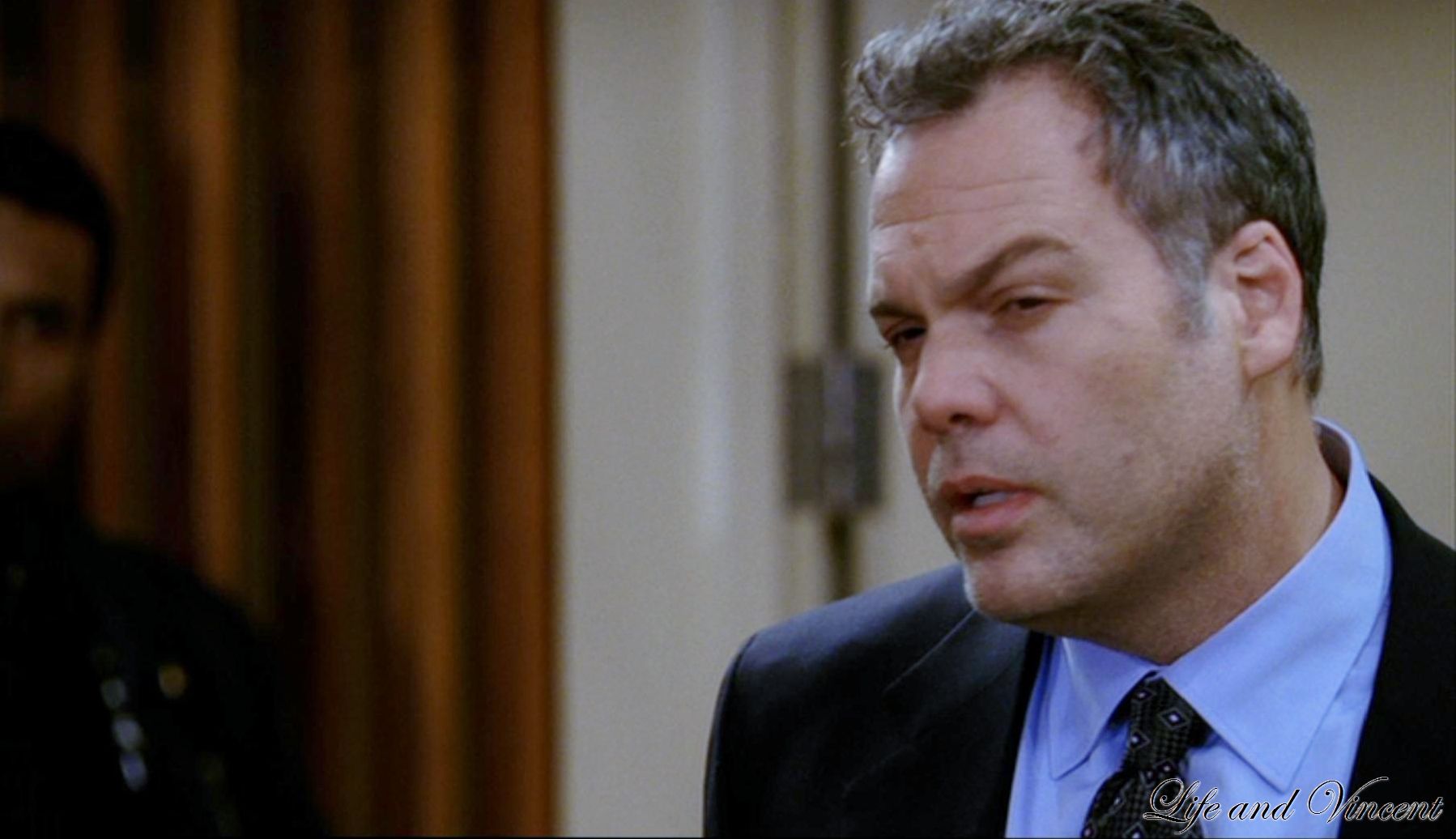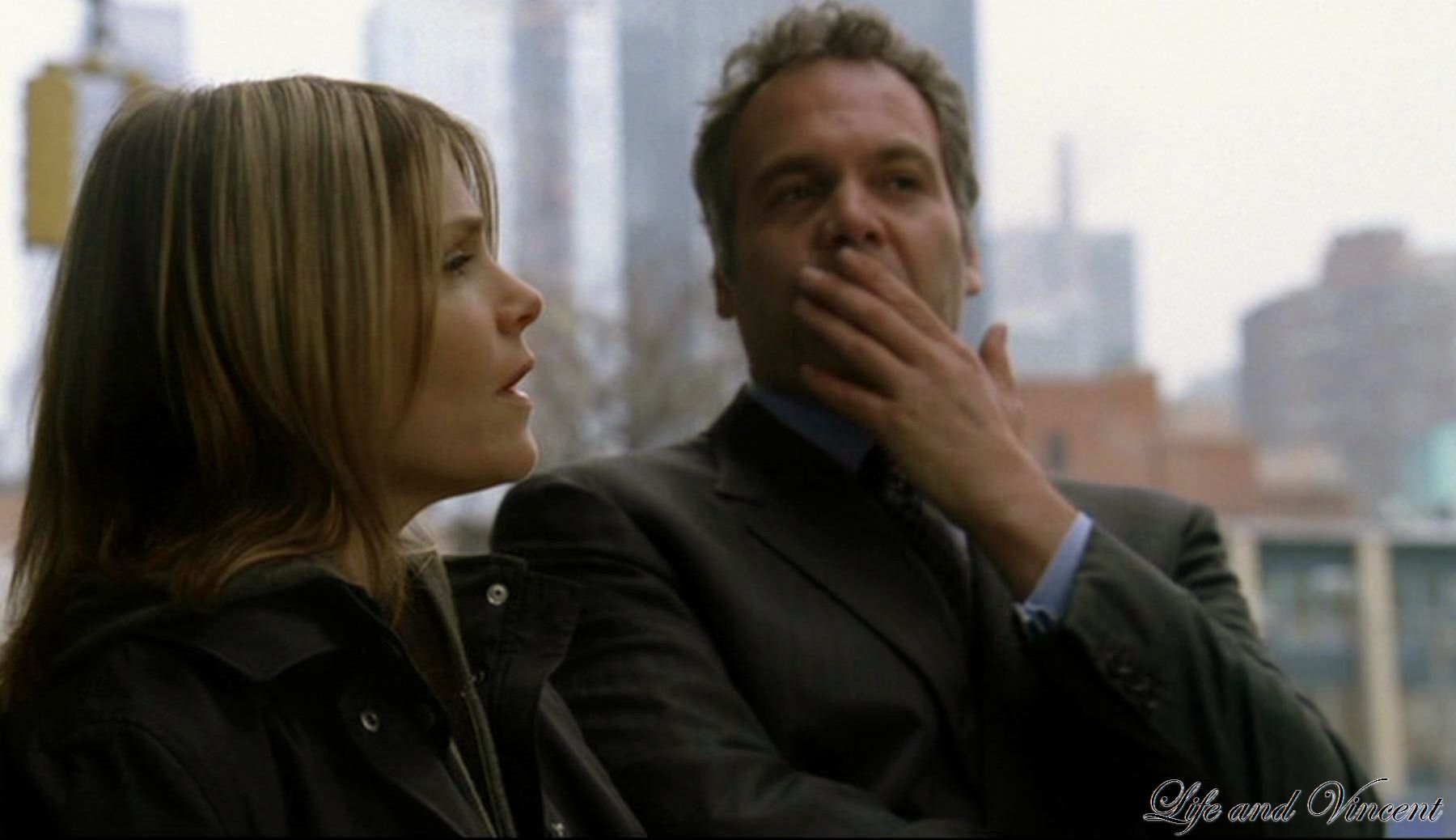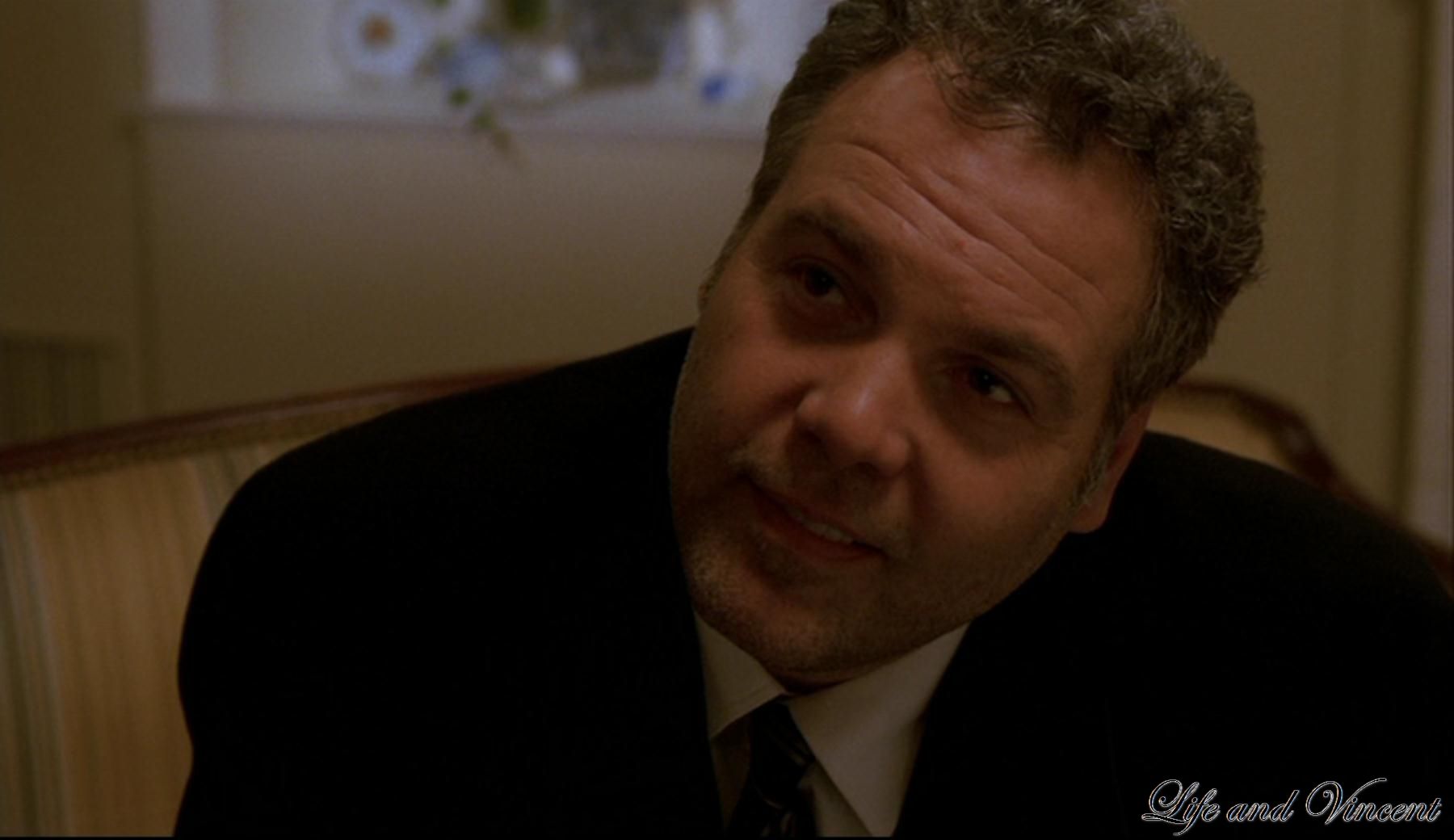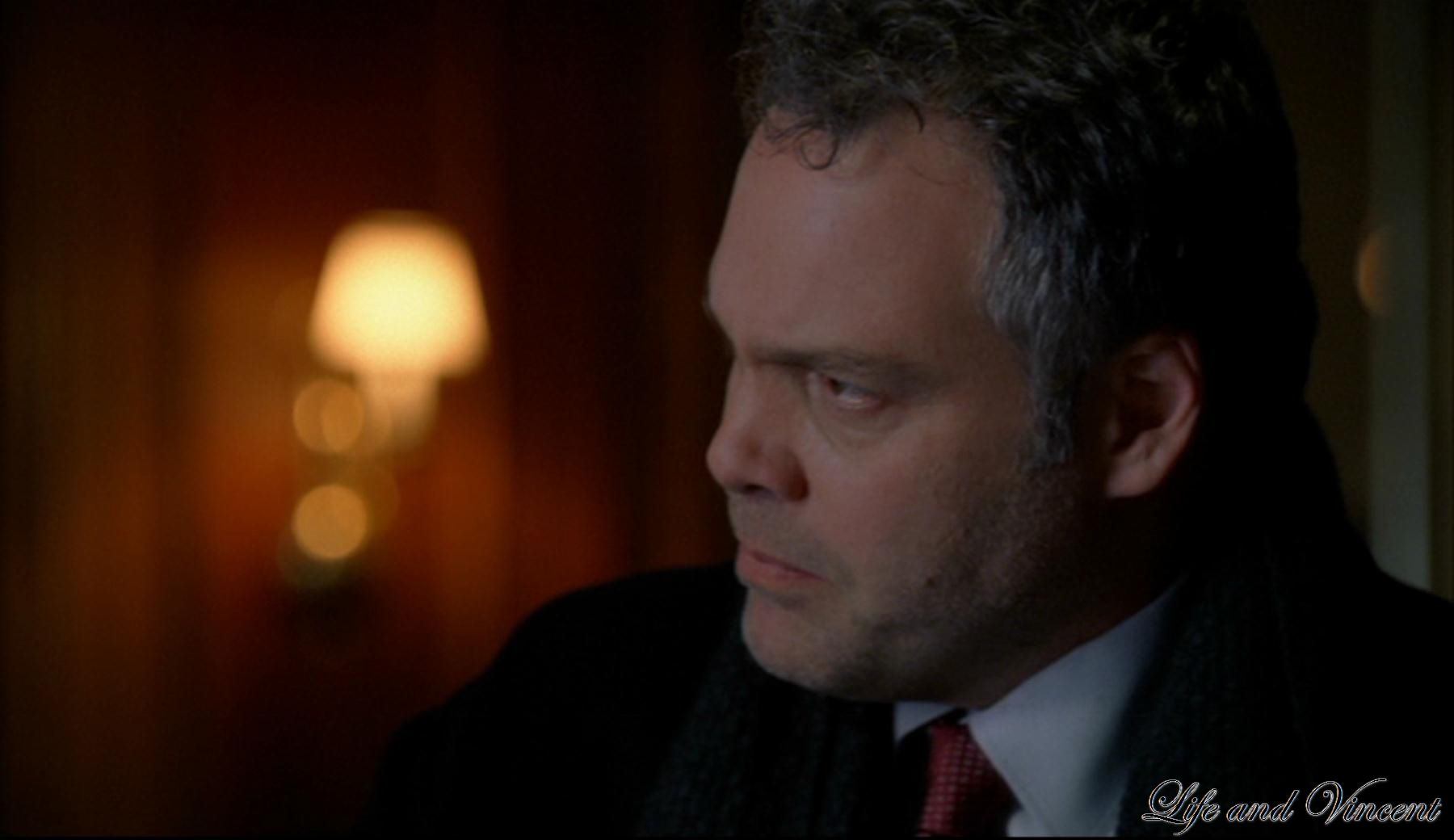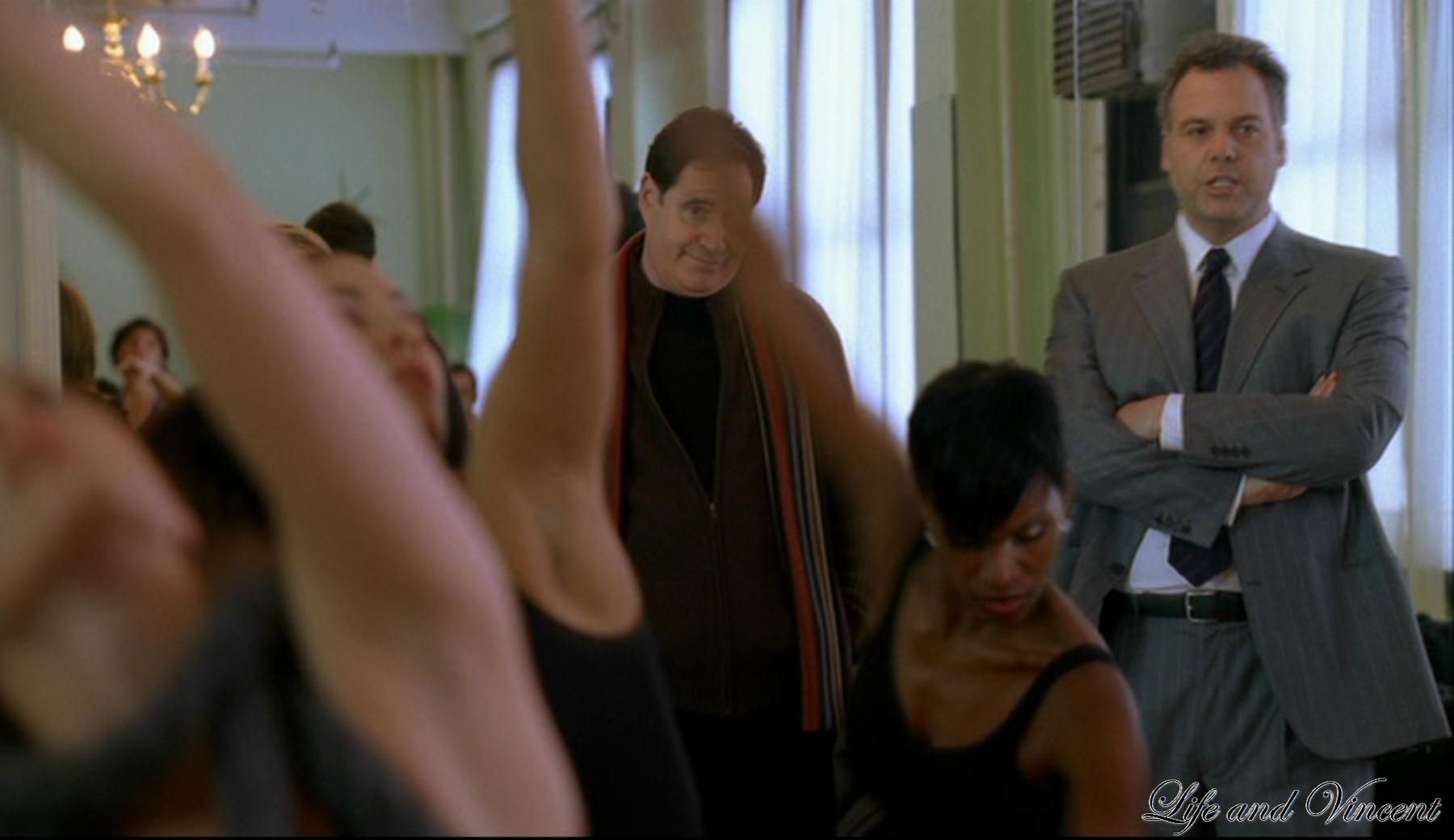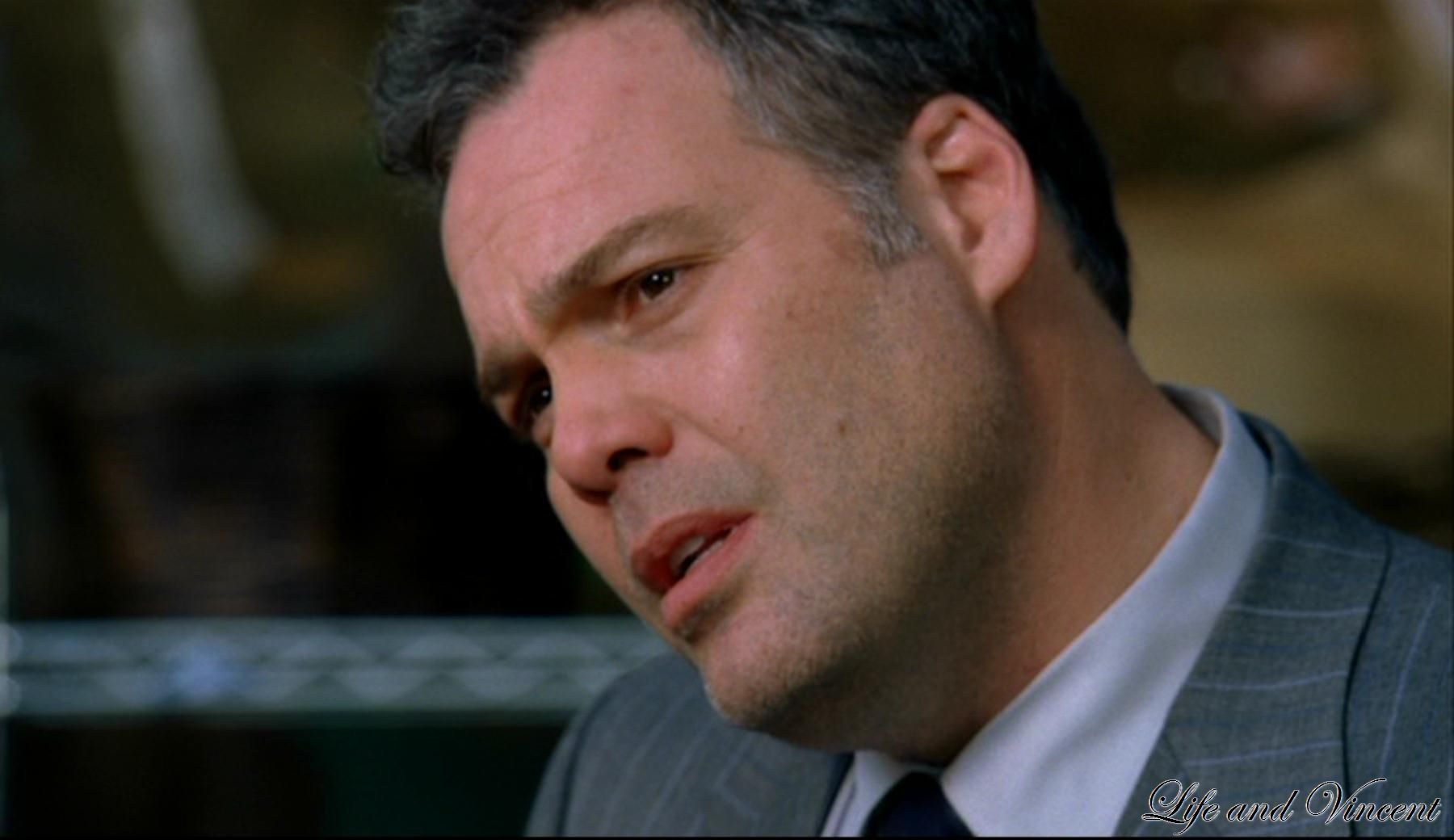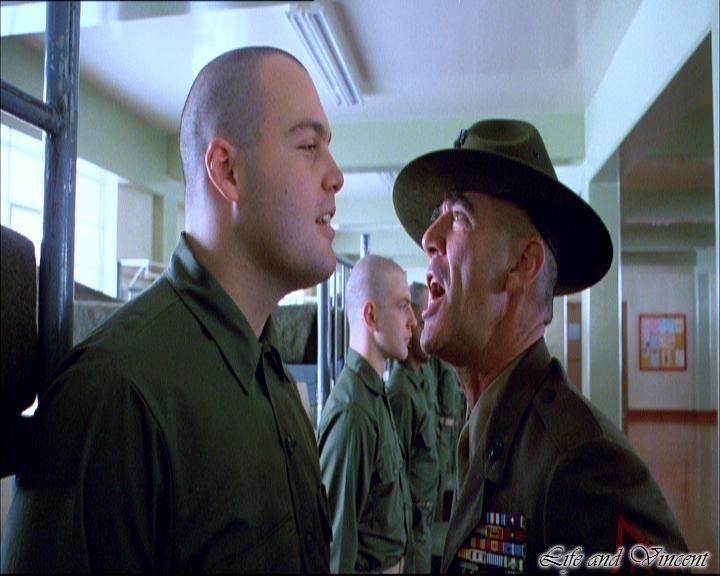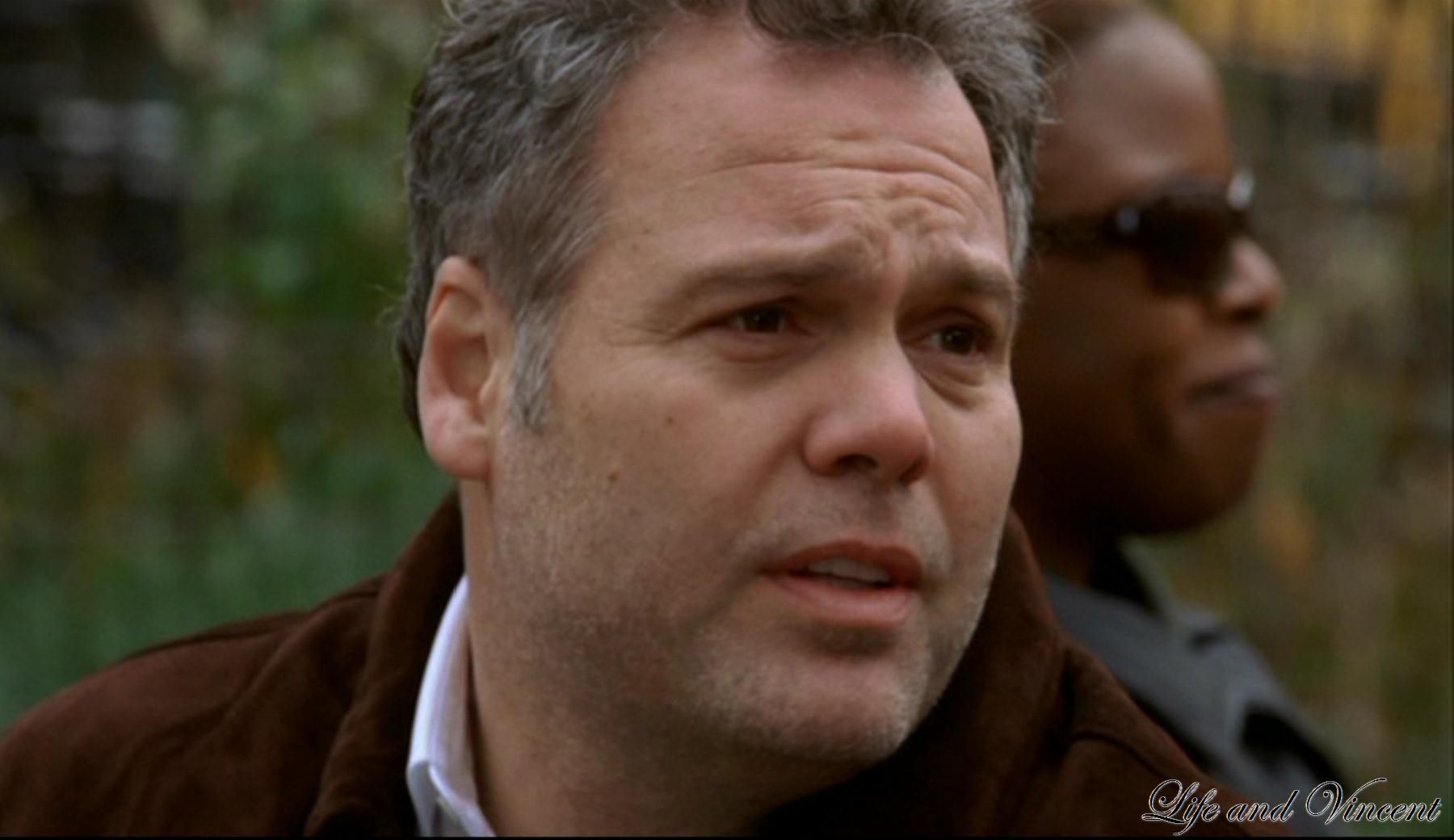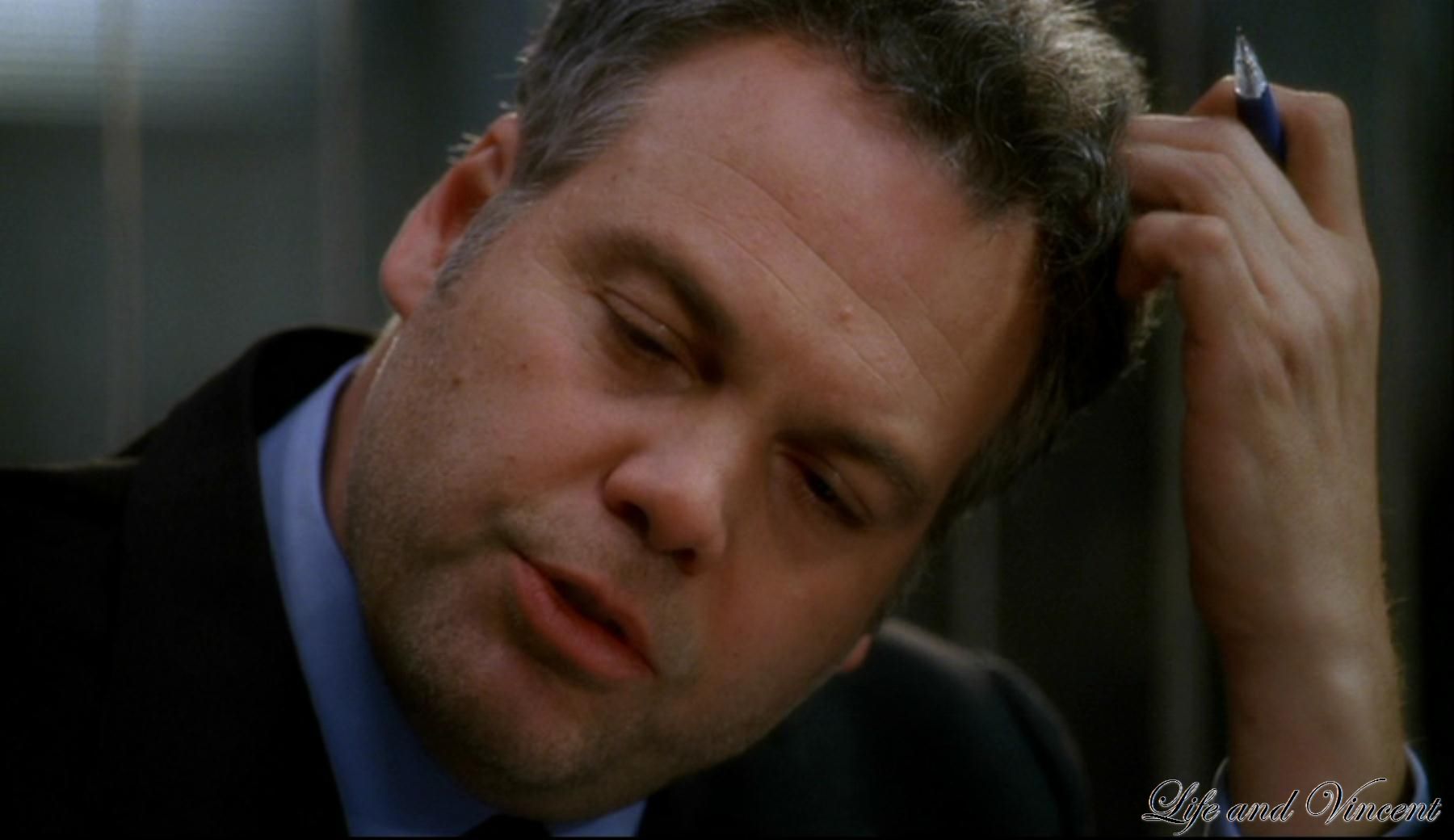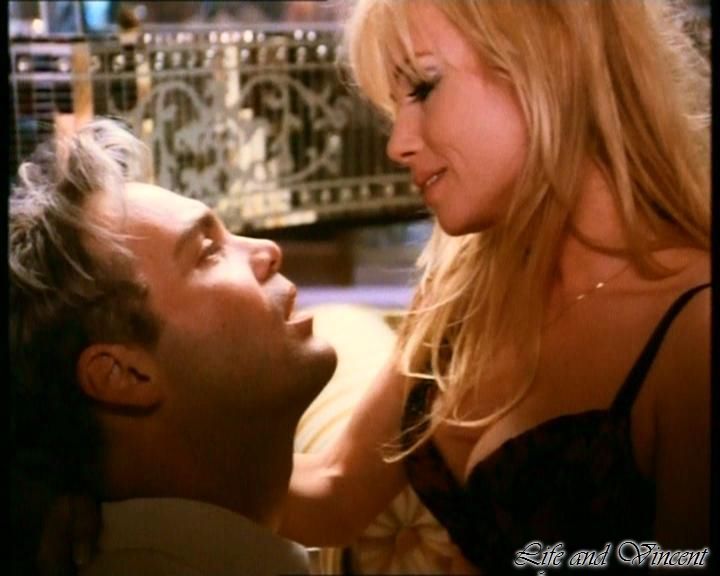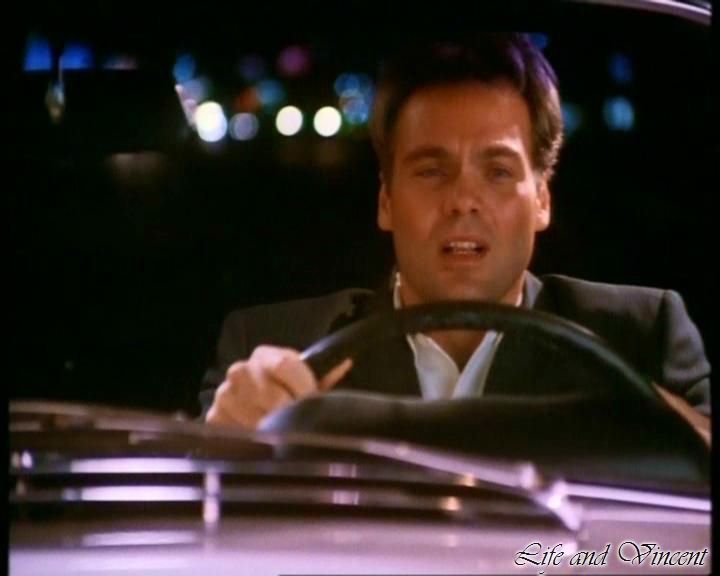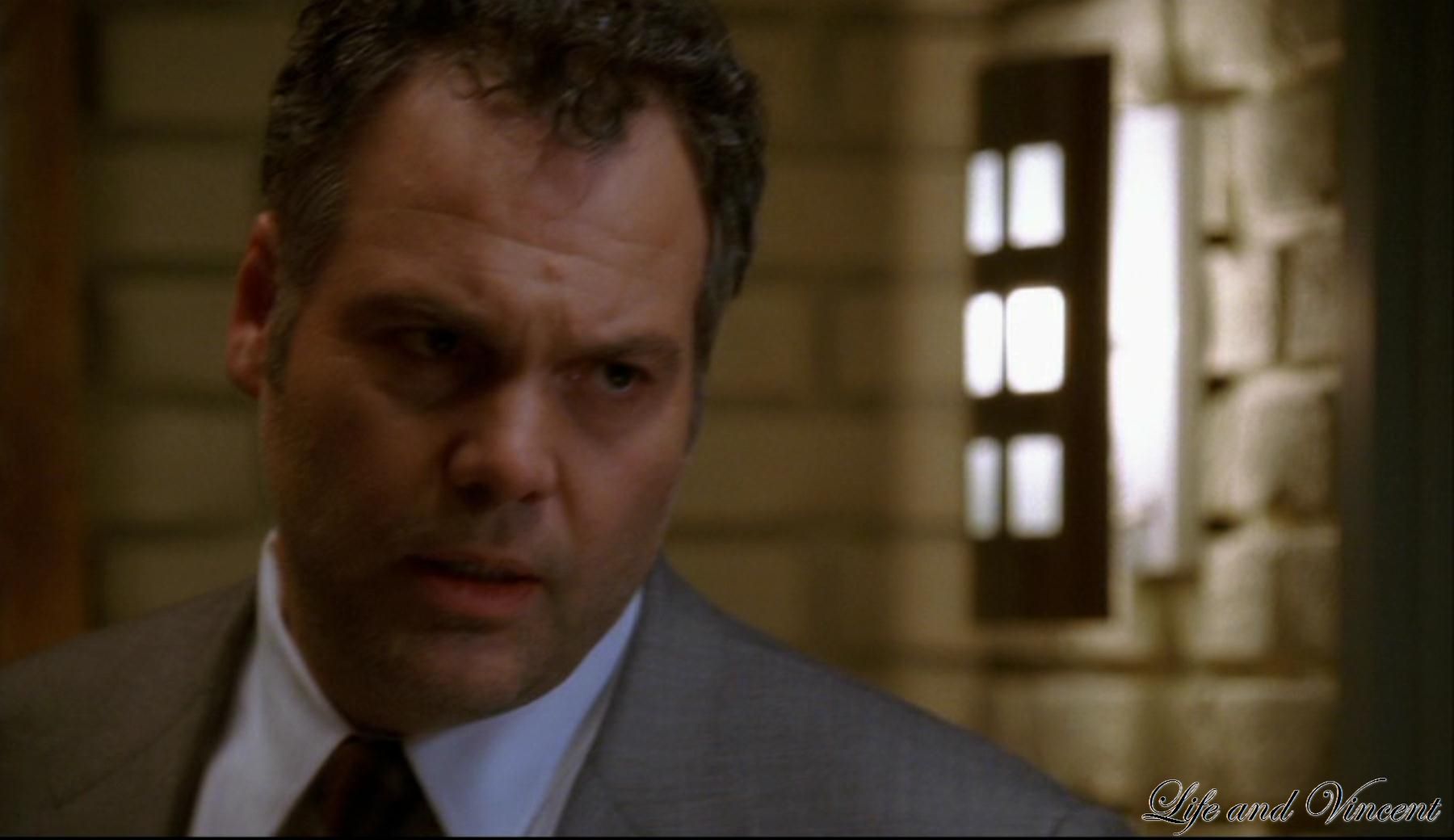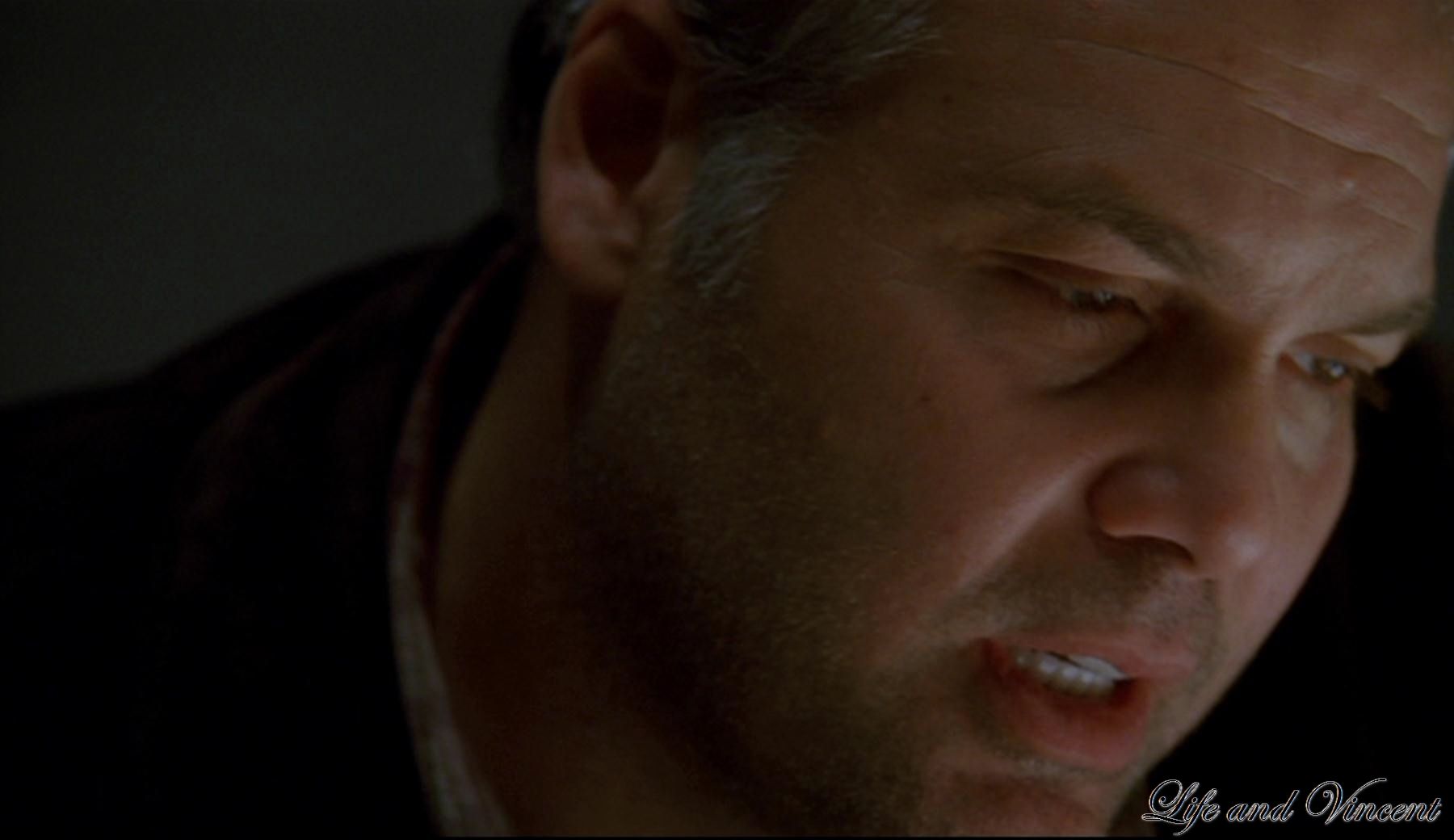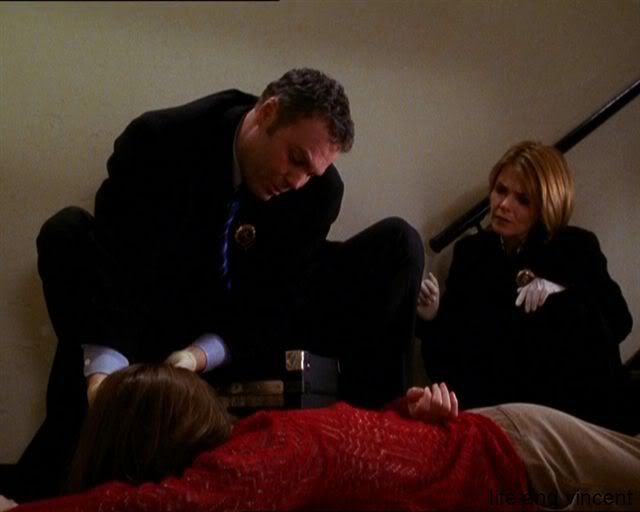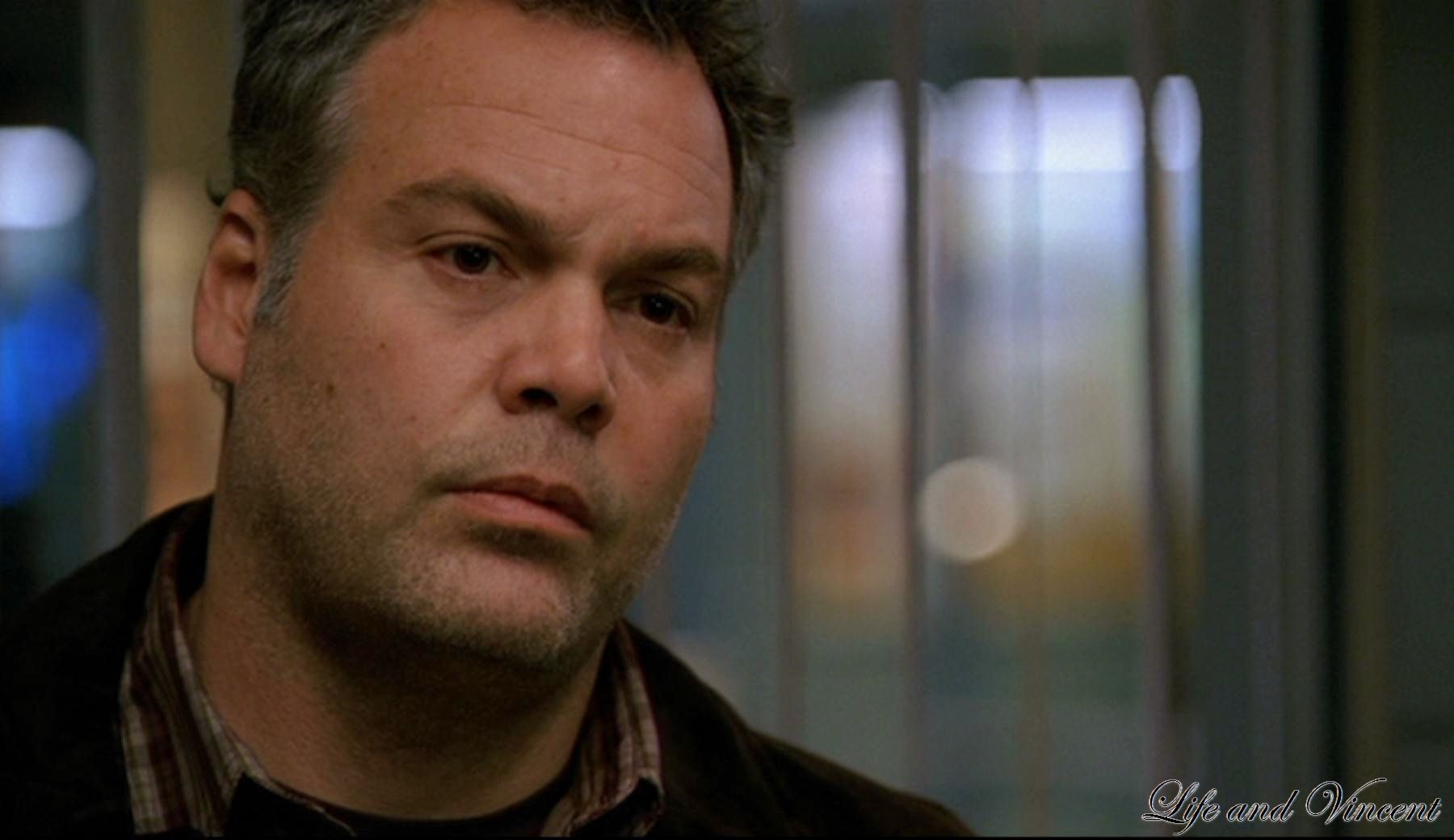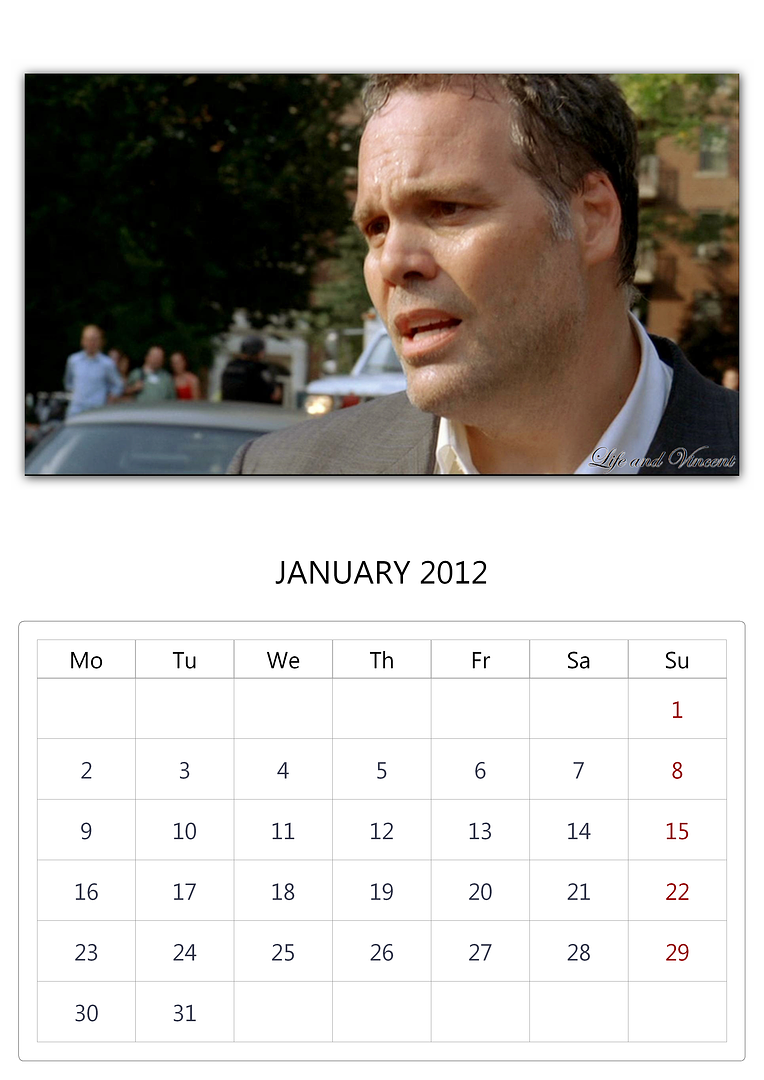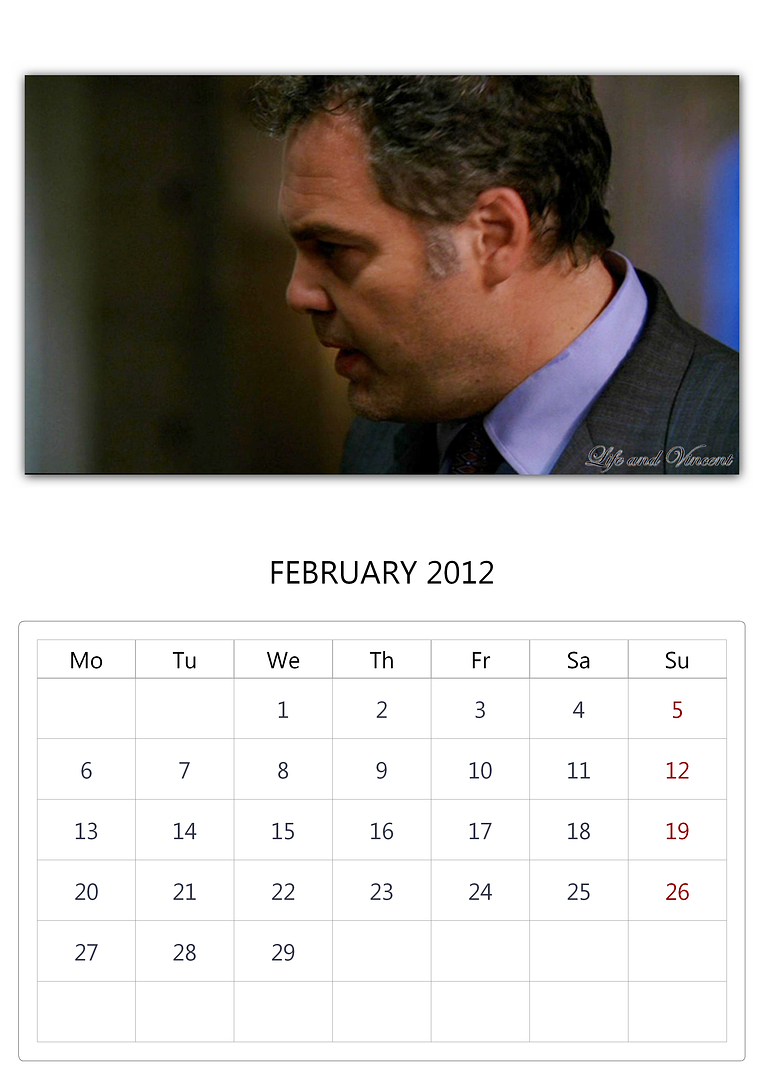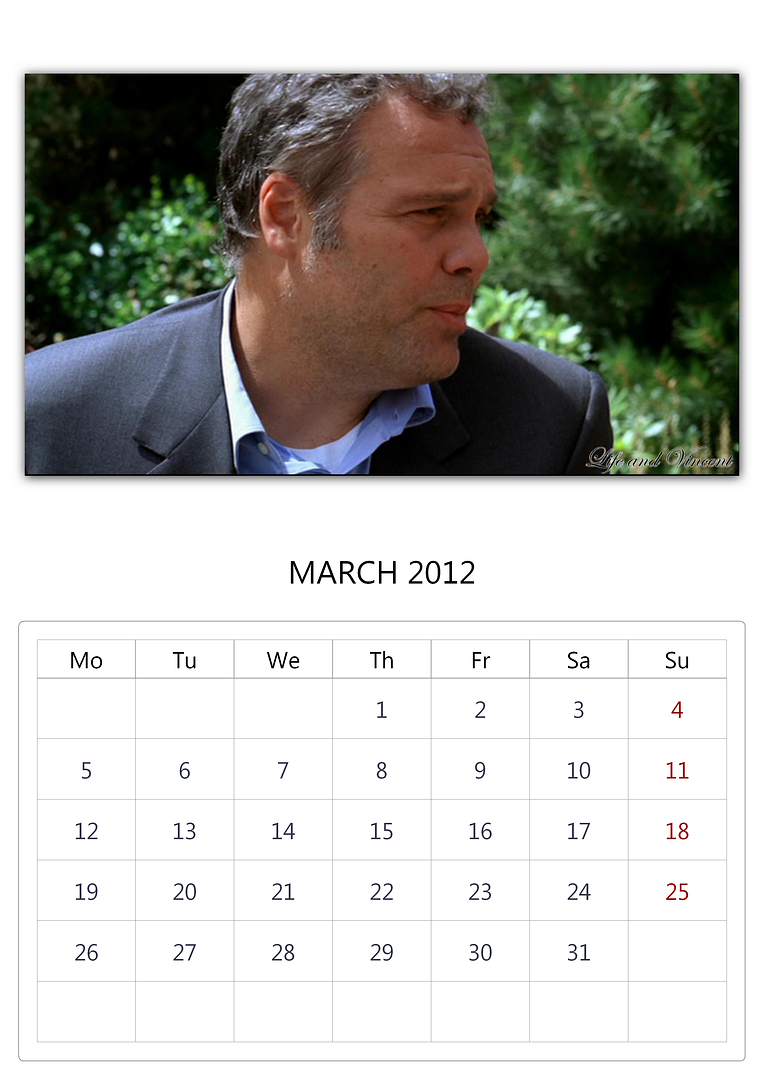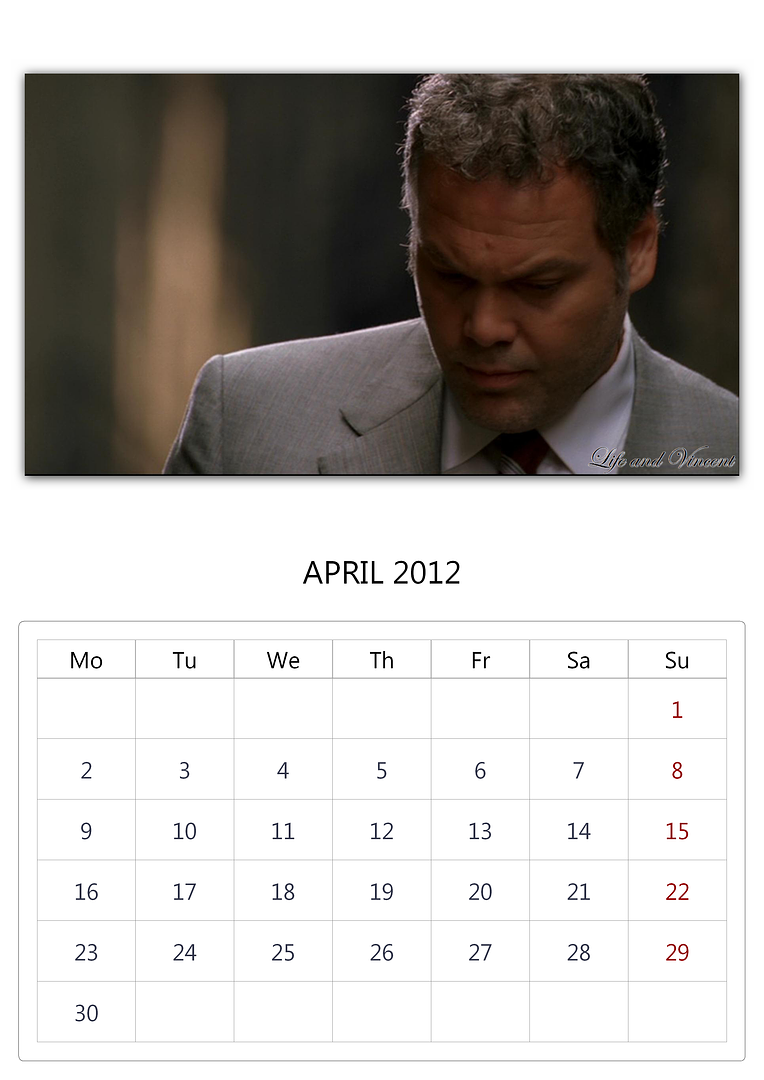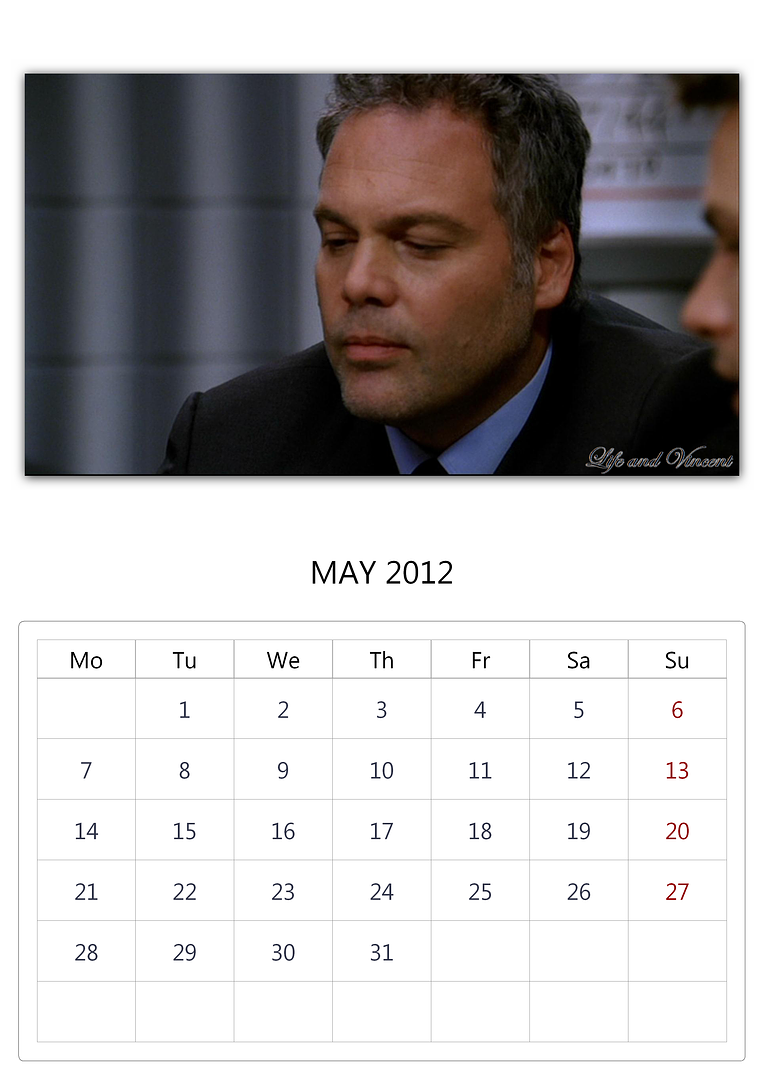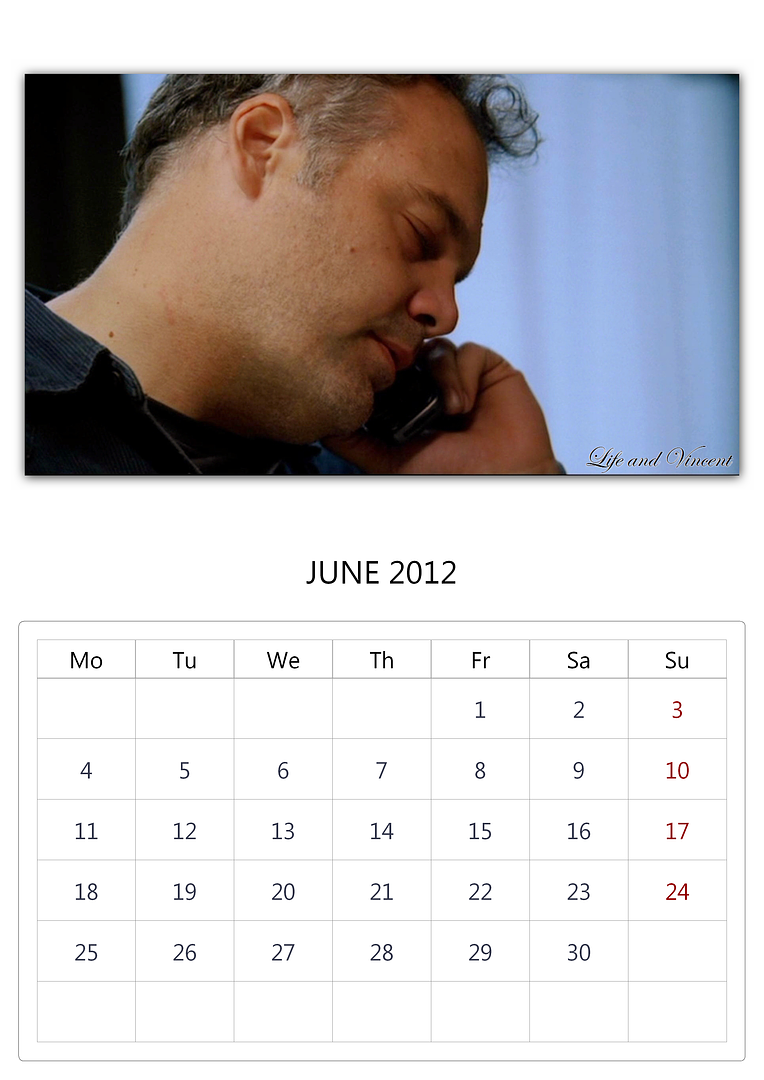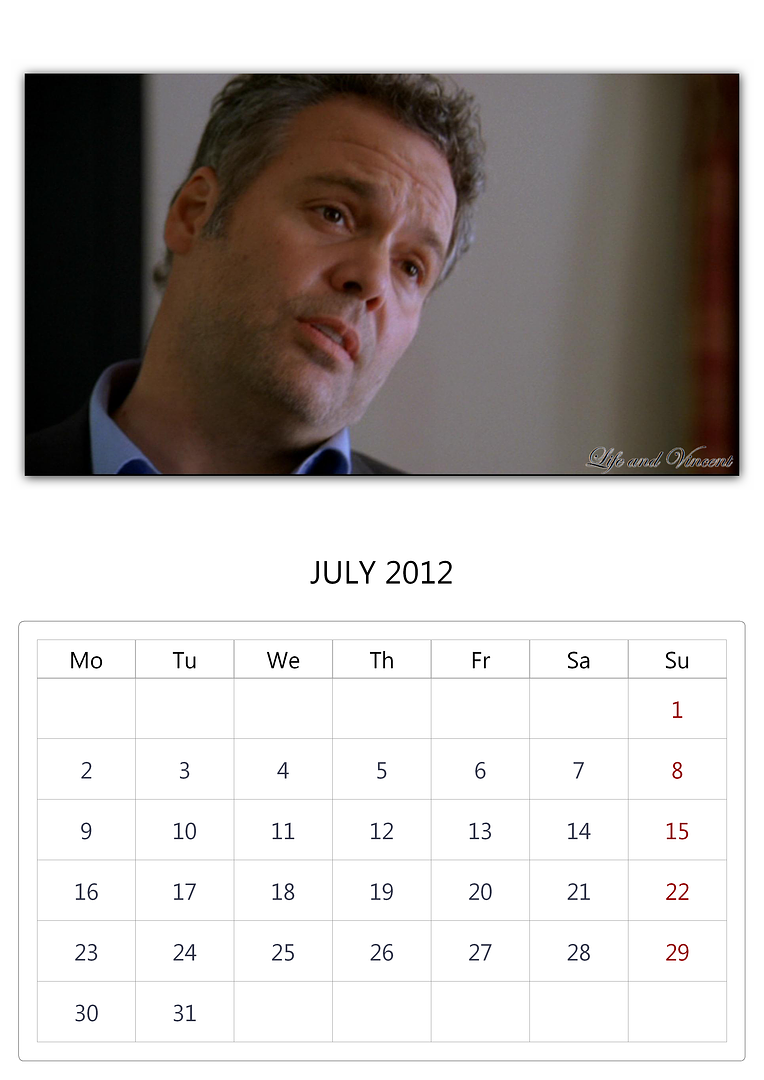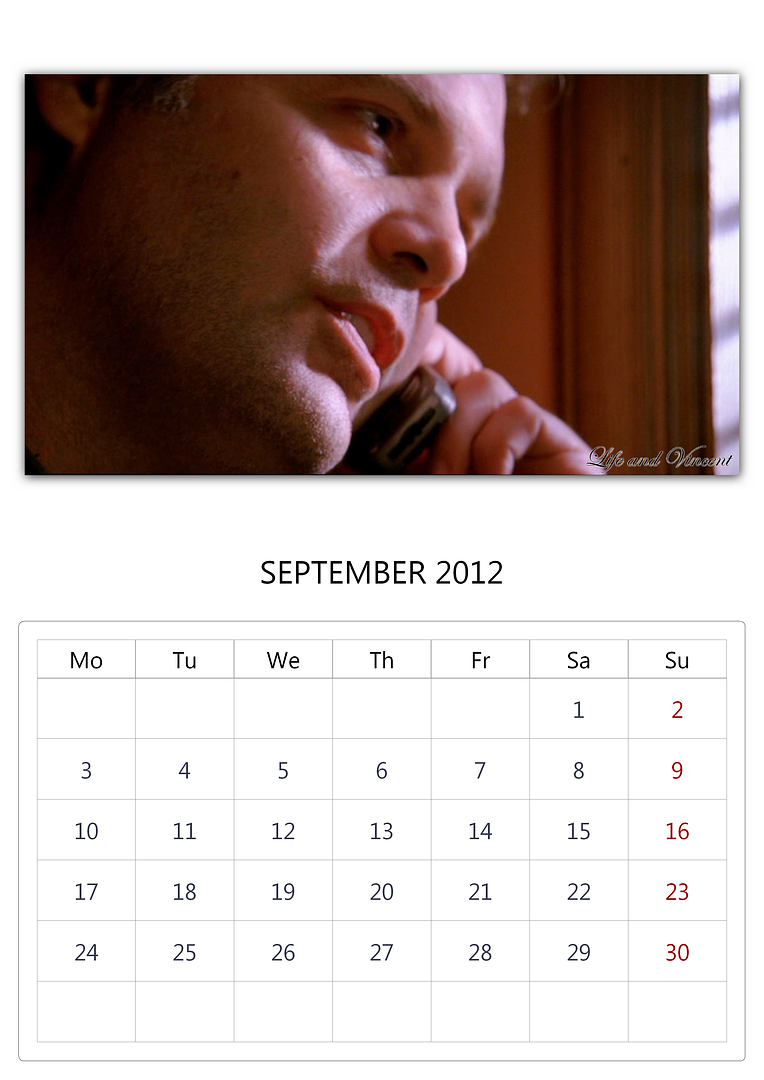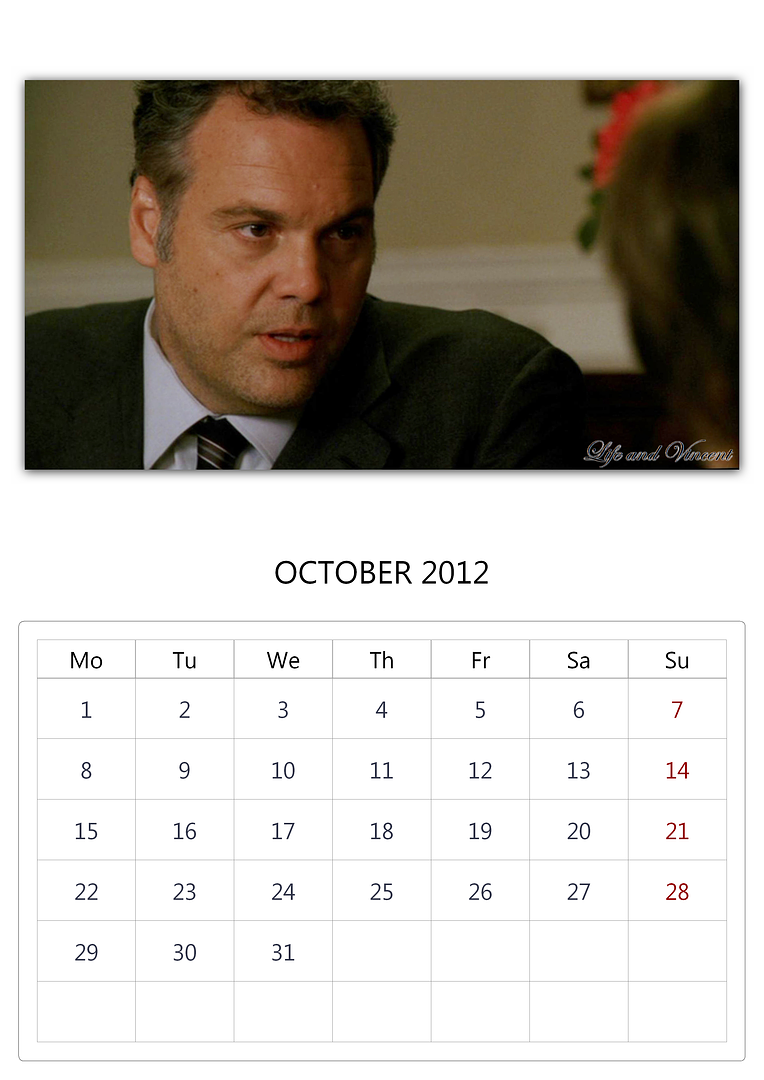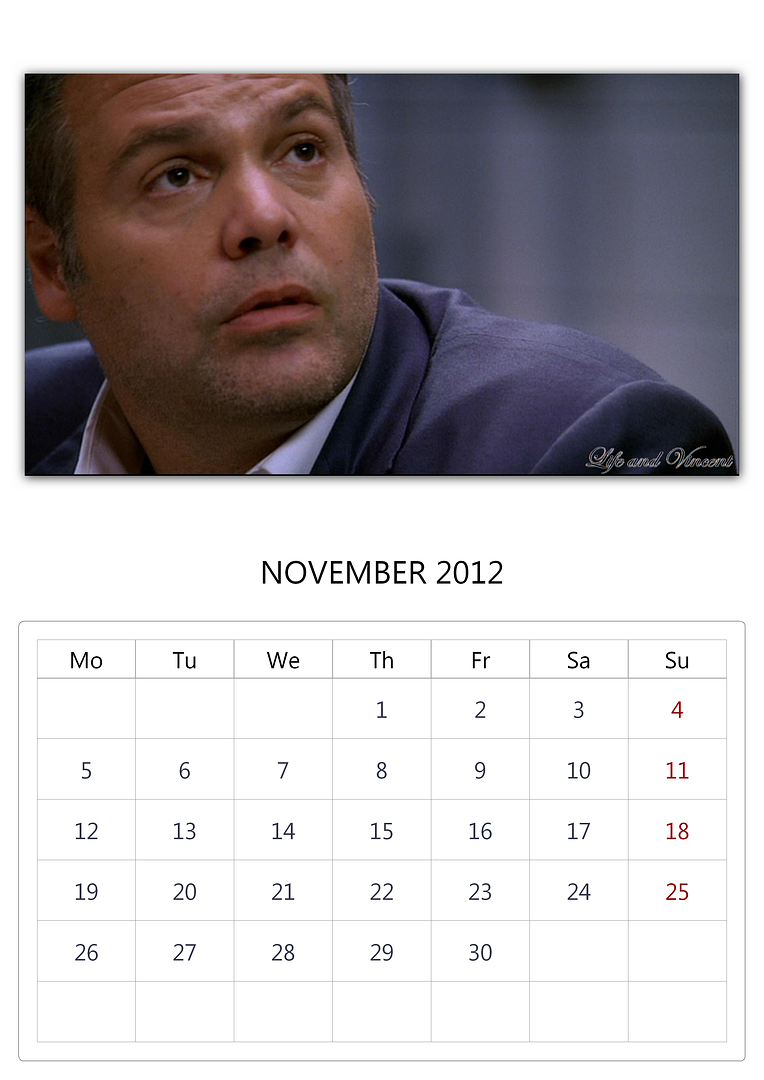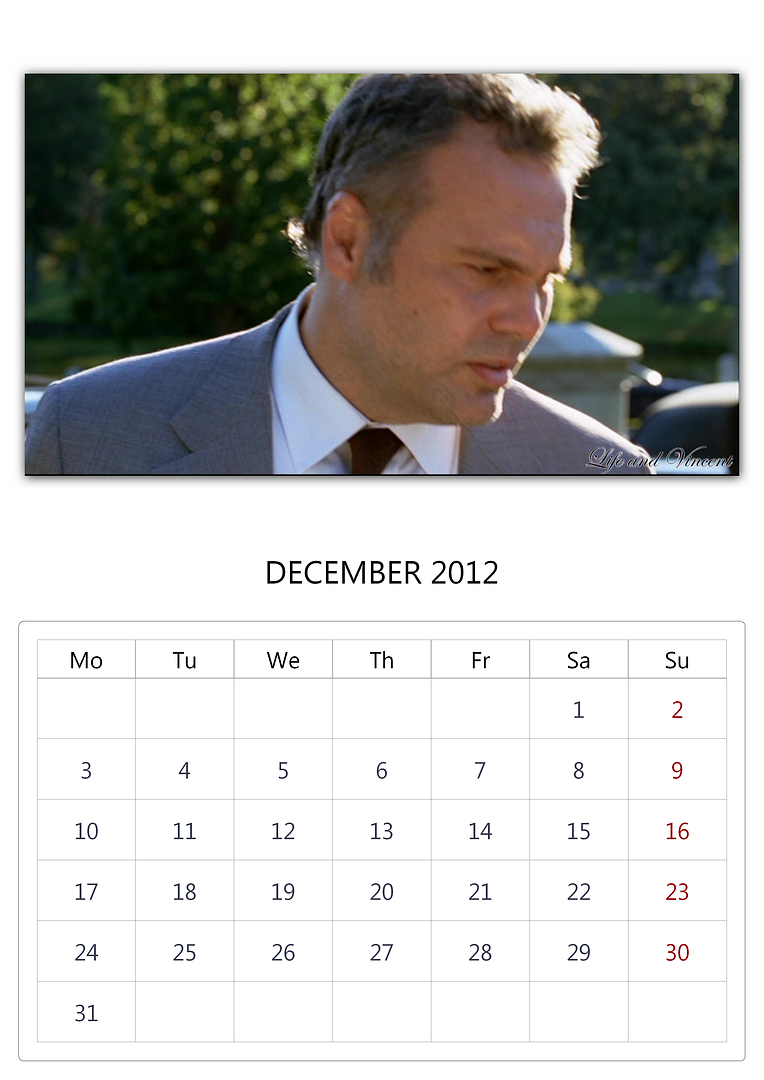Once upon a time everyone used to take their own shopping bags with them when they went to the shops. Drinks were bought in returnable glass bottles with refundable deposits. The streets were not full of non-degradable items that people couldn't be bothered to put in bins - and there was a bin on almost every lamppost.
Then there were no bins in the street, or at railway stations. They were deemed a security threat after the IRA put bombs in bins. People bought fast food and ate it as they walked along. They discarded the packaging where they stood, with no idea of taking it home with them. What we did take home went into the dustbin, which was emptied into a landfill. The whole developed world became a giant litter bin.
There are still precious few bins in the street, but what there are are often ignored, usually overfull, and do little to improve the state of our cities. The countryside is not much better, with people winding down their car windows to throw out their cigarette packets and sweet wrappers. They even throw out lit cigarettes in hot, dry weather, causing fires alongside our motorways. Most people rely on supermarket carrier bags by the dozen, unthinkingly accepted, frequently discarded before they even reach home, choking our rivers, polluting even the oceans so that the fish people eat has bits of plastic in it.
But we can now recycle much more stuff (of course, not using stuff in the first place, and the energy it takes to make it, and the energy it takes to recycle it, is better, but still) and in fact my own local council has just taken out a contract with a new, better recycling company.
But with the price of all kinds if metals so high, scrap yards are having a field day. I was glad when a load of scrap metal collected from my back garden disappeared from its pile in my front garden within a couple of days. It was intended to. I wouldn't have been so happy about it, though, if I could have foreseen how appalling the problem was about to become.
Daily, we hear about disruption to trains because electrical wiring to the signals has been stripped out. Operations in hospitals have to be cancelled because power cables have been stolen. People's phones are disabled. Church roofs leak with theft after theft of lead flashing. Scrap yards are uncontrolled, and the government, rather than push through legislation begun by the previous administration, just has to make new laws of its own, and is in no hurry to do so.
A few years ago, before the problem became so widespread and serious, a Henry Moore sculpture was stolen from a sculpture park. Now a Barbara Hepworth has been hacked from its plinth in a south London park.
Whatever its price as scrap, the sculpture itself is valued at a quarter of a million pounds.
But not for much longer.
 Post Script. I just heard a load of hammering in the street and looked out to find three men with various wheeled trolleys full of metal bashing away at a TV or some such item in a skip outside a house, trying to get the insides out. They also vaulted over someone's garden wall in search of metal stuff to recycle. Given that they didn't seem to have any idea of what was potentially theirs and what was other people's, I called the police. They didn't sound very interested.
Post Script. I just heard a load of hammering in the street and looked out to find three men with various wheeled trolleys full of metal bashing away at a TV or some such item in a skip outside a house, trying to get the insides out. They also vaulted over someone's garden wall in search of metal stuff to recycle. Given that they didn't seem to have any idea of what was potentially theirs and what was other people's, I called the police. They didn't sound very interested.
What a surprise.
And if they were the ones who stole the Hepworth? Tough.
 No, not that Bob Hope. The Bob Hope was born in Eltham, part of the London Borough of Greenwich. The Bob Hope I saw was born in the north of England, he only lives in Greenwich.
No, not that Bob Hope. The Bob Hope was born in Eltham, part of the London Borough of Greenwich. The Bob Hope I saw was born in the north of England, he only lives in Greenwich. Because Jude Law went to Kidbrooke Shool.
Because Jude Law went to Kidbrooke Shool.






